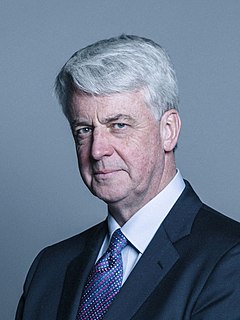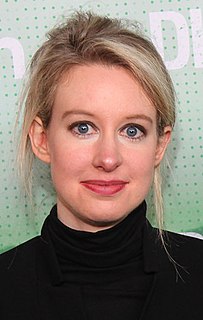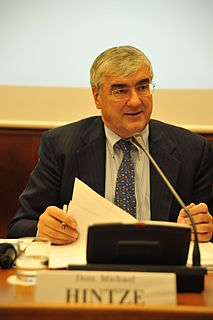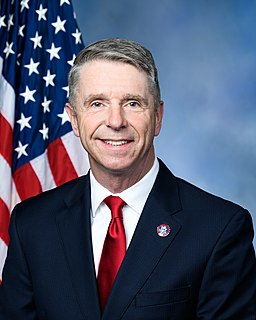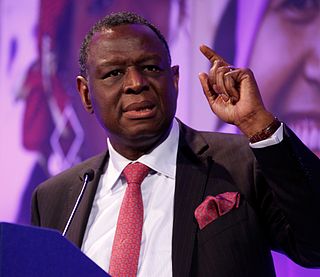A Quote by Tae Yoo
When we harness the ability to turn connections into data and then into knowledge, we can empower citizens, patients, and professionals to prevent disease, avoid or better manage health crises, and even save lives.
Related Quotes
Supported by digital data, new data-driven tools, and payment policies that reward improving the quality and value of care, doctors, hospitals, patients, and entrepreneurs across the nation are demonstrating that smarter, better, more accessible, and more proactive care is the best way to improve quality and control health care costs.


